Some Information For Debtors And Creditors
August 30, 2010 | by Murray Weeres
If a person or business owes money to or wishes to collect money from another person or business, there are a few general things to keep in mind:
- To collect an unsecured debt, either the party that owes the money (the debtor) must pay the other party (the creditor) voluntarily or, alternatively, there must be a court judgment or court order in place that can be used to realize on assets of the party that owes the money.
- To collect a secured debt, a court judgment or court order is not necessarily required unless the asset is land. Security for debt includes things like a security agreement over non-land assets (or “personal property”) or a mortgage over land assets.
- A collection agent may or may not be acting for a creditor under a court order or court judgment and generally is used to assist in collecting unsecured debt. Collection agents do not have unique rights and are not able to enforce an unsecured debt unless there is a court judgment or court order.
- Before court judgment is obtained on an unsecured debt, there are limited steps a creditor can take to collect. Garnishment before judgment under a pre-judgment garnishing order is one step. Funds garnished before judgment cannot be released to a creditor until after judgment.
- At times it may be difficult to determine the ability to pay or the assets of a debtor. There are a number of ways, both before and after a court judgment or a court order, to determine what assets might be available for collection, including information available from public registries.
- Apart from bankruptcy and insolvency, collection rights and remedies are governed by provincial law. Generally speaking, a judgment obtained in another jurisdiction (for example, another Canadian province or a U.S. state) cannot be enforced in B.C. unless steps are taken in B.C. to “register” the judgment in B.C.
- Without security, a creditor’s priority will be behind secured creditors. An unsecured creditor may find that other creditors are pursuing the same debtor for other assets. Often, unsecured assets go to the first creditor on the scene. In a bankruptcy or insolvency scenario, a creditor may be required to share assets in proportion to other debts to other creditors.
- If a debtor attempts to transfer or dispose of assets for less than fair market value, or grants security over assets with the effect that another creditor receives better collection rights, the transaction may be set aside on application to the court. Such a transaction is known as a fraudulent conveyance or preference.
- If the amount owing is $25,000.00 or less, the Small Claims Court has jurisdiction over the matter. One of the consequences of Small Claims Court is that, except for some types of out-of-pocket expenses, the successful cannot collect legal costs from the unsuccessful party. If the amount owing is greater than $25,000.00, the Supreme Court has jurisdiction over the matter. In that event, the successful party will generally be entitled to add a portion of it’s legal costs to the debt.
Debtor and creditor rights and remedies can be complicated. Often lawyers, credit counsellors, or bankruptcy trustees can assist insolvent debtors to restructure their financial affairs. Lawyers can assist both debtors and creditors in secured and unsecured collection matters.
Share this article:
Get your interests represented
As one of the largest law firms in the Interior, our lawyers have a broad range of specializations, ensuring that we have the experience to competently and professionally represent you.

